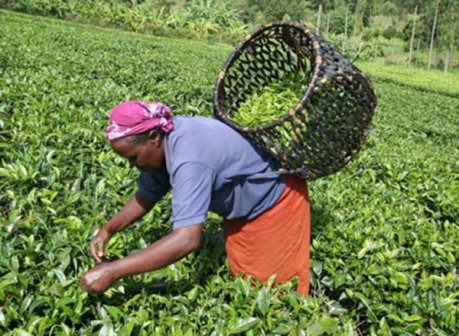×
The Standard e-Paper
Stay Informed, Even Offline

Kenya is relaxing some of its tea industry rules to encourage production of new varieties in an effort to boost earnings for farmers of the crop, which is now one of the country's top hard currency earners.